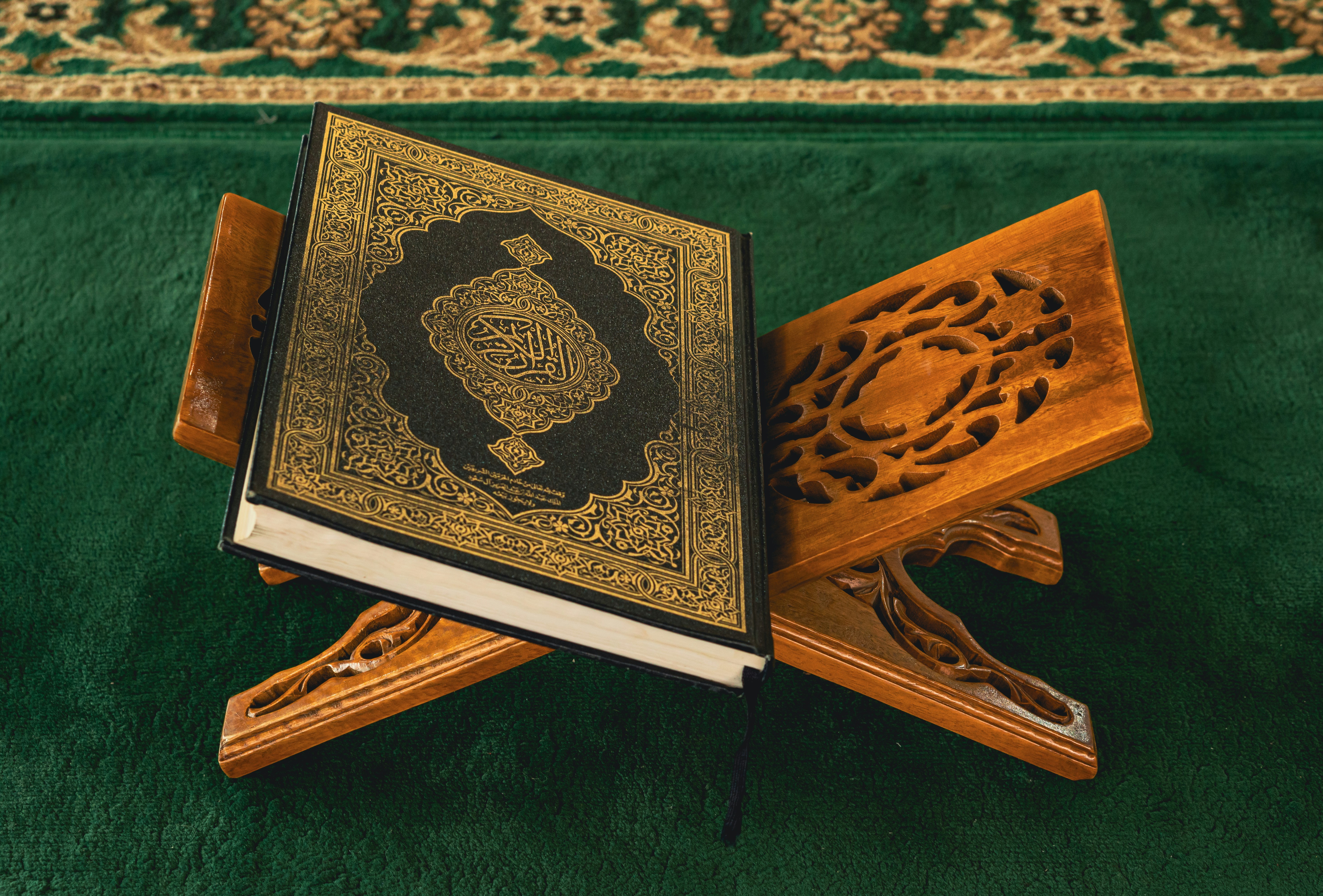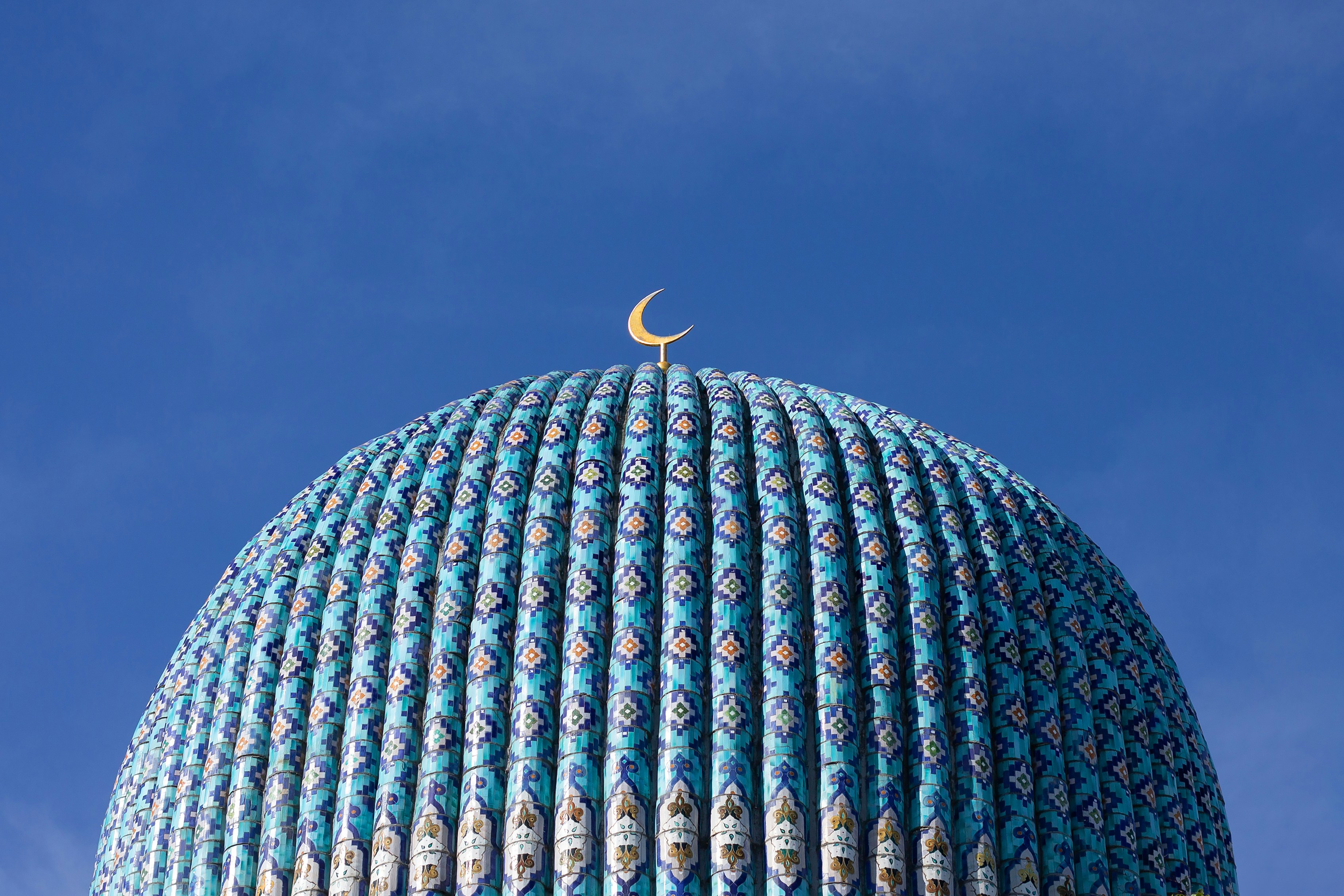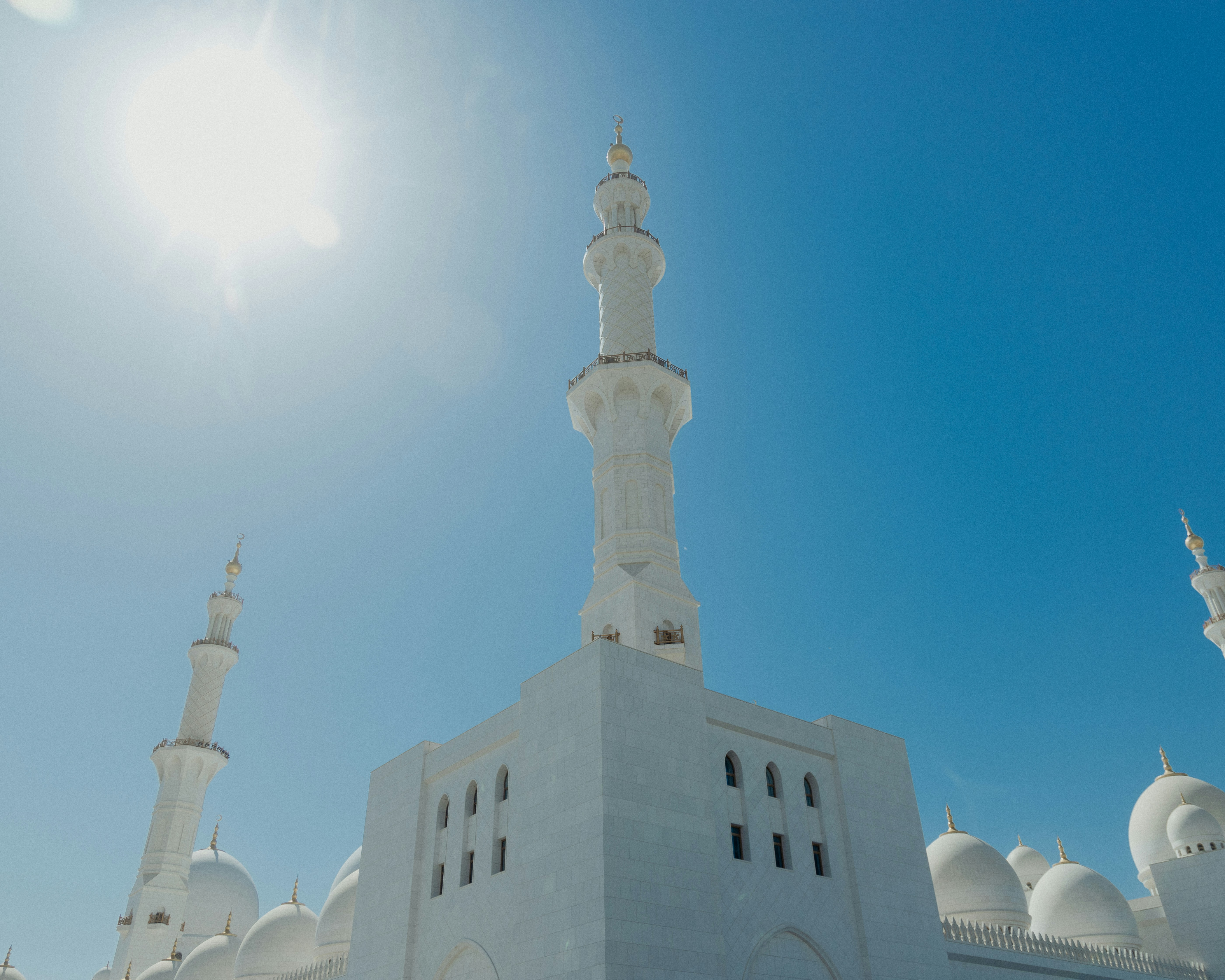A Brief Overview
As one of the Islamic eschatological elements, the afterlife and Jannah (paradise)—a beautifully remarkable place full of picturesque gardens and an eternal source of peace, rewards and beauty—and an indescribable treat. One of those things that is said to be in abundance is the Houris, described to be female companions created as a form of reward for the pious people. The issue of Houris has captured the interest of Muslims and non-Muslims at the same pace, but often without studious analysis. People have reduced their interpretation to be solely centered on the intimate and sensual nature. Four words: The Islamic outlook on Houris is spiritually more intense than believed, symbolically deeper than thought, and lovingly compassionate. I mean, just look at the levels of misunderstanding
A Brief Explanation The term Houri derives from an Arabic word ḥūr. The meaning of this term gives identity to “someone who has an intensely white sclera of the eye and has an intensely black iris. For The Qur'an, they are described to not lack chastity and therefore, in their character, there is prominent mildness,” Hascziy, Shahrani, and Al-rabmani (2004) add that, "with them, God, unto his people, will give lustrous companions to be gazed at, eyes set upon pearls of marvels,” To include every gaze at the Fortune of Al Waqia (surah:56), Al Rahman (surah:55), stubborn Al Below (52) Al tur And not missing out on the surah that is bond to have all the virtues for righteous believe, which also happens to mention straining.
Symbolism and the Spiritual Aspects
On a more mystical and metaphorical note, most scholars interpret Houris not literally but symbolize them richly. In Sufi practices, Houris signify fundamental beauty, the purity within a person, and the spiritual efforts spent. Some interpretations posit that the descriptions of Houris are a metaphor for the tranquility, satisfaction, and soul friendship one awaits in Paradise.
The idea of a 'pure companion' also symbolizes a relationship that has been mended and perfected absent the earthly flaws of jealousy, pain, and ego.
Misconceptions and Needed Corrections
Gender Based Misunderstandin
Houris being bound to men only is perhaps one of the most common misconceptions. Some Islamic scholars put forth the idea that Paradise is an abode where, irrespective of being male or female, all souls will receive that which pleases them the most. In support of this, one can cite the Qur'an which says:
"Therein you shall have all that your souls desire, and therein you shall have all that you ask for." Qur’an, 41:31
This verse makes it clear that the joys of Paradise, including companionship, are not limited to any particular gender.
- Objectification Critique
Many object to the concept of Houris on the grounds that it promotes objectification of women. However, a contextual and linguistic examination shows that in Islam, Houris are not female humans, but rather unique, otherworldly creatures—exclusively crafted beyond the bounds of gender and earthly yearning.
Their description is meant to evoke the inner beauty and longing of the soul to something beyond itself: beauty, intimacy, companionship, not simply lust.
Houris In The Perspective Of The Greater Paradise
In Islam, the greatest reward in Paradise is not Houris and physical indulgences, but rather the pleasure of Allah (ridwan) and the Divine vision (ru’yat Allah). Houris complete a broader theme of lush gardens, rivers, eternal peace, absence of grief or conflict. Houris serve as representation of reward being fulfilled where the body and soul are fully eternally gratified.
Closing Remarks
A contextualised understanding of Houris within the theology of Islam shows is much more than superficial understanding. It illustrates the sophisticated beauty of Islamic afterlife doctrines and the multifaceted rewards that await those who lead virtuous and purpose-driven lifestyles. The symbolism of Houris goes far beyond carnal enjoyment; it embodies talents of soothing serenity, solace, and undying friendship. In the bigger picture from an Islamic perspective, Paradise is an abode where every being is able to achieve unparalleled satisfaction, which is further enhanced by the Houris who exemplify the exquisite promises that await beyond human conception.



